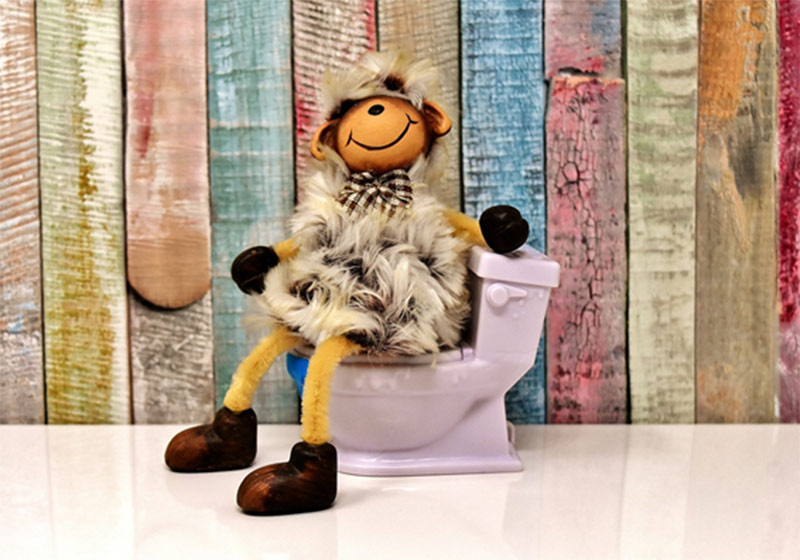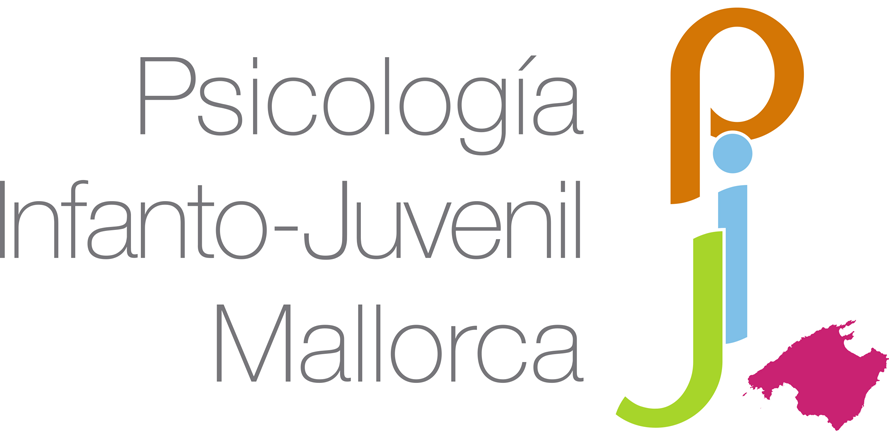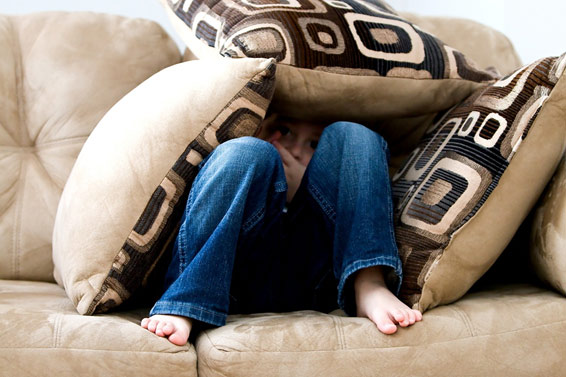
What is childhood encopresis?
Encopresis is the repeated expulsion of feces in inappropriate places, such as clothing or the floor, in children who are at least 4 years old or have equivalent development. It can be involuntary or voluntary, but it usually occurs without the child realizing it until it has happened. To be classified as encopresis, it must occur at least once a month for three months and should not be caused by medical issues, medications, or any other substances. It is more common in boys and often occurs alongside enuresis, which is the involuntary release of urine.
A significant number of cases of childhood encopresis are related to constipation, which can lead to fecal incontinence. When a child suffers from constipation, feces accumulate and harden as they lose water, making them difficult to expel and potentially causing pain. This can lead to decreased sensitivity in the rectum, causing the child to require larger amounts of feces to feel the urge to go to the bathroom, leading to accidental defecation. In cases without constipation, which are less common, the retention of feces is much shorter, and the feces usually have normal shape and consistency. A medical examination will be important to confirm or rule out the presence of constipation.
Childhood encopresis can create difficulties at the family level, as some parents may think it is intentional behavior, leading to significant misunderstanding of these children. Additionally, it can affect the child’s social and school life, as they may be the target of teasing and may often avoid social situations for fear of it happening again. Therefore, in the field of general child health psychology, we address this issue.
Emotional causes in children
Encopresis is often perceived as a behavioral problem, but it is frequently the result of various factors. Below are several emotional factors that can lead to childhood encopresis, whether with or without constipation:
- Inadequate teaching or failure to learn toilet training, causing frustration in the child due to ongoing difficulties with using the bathroom.
- Anxiety: The child may feel fear or shame about defecating in certain places, such as the school bathroom.
- Pain: As mentioned earlier, if constipation is present, the child may try to hold back feces to avoid pain when defecating, which will contribute to further accumulation and increased constipation.
- Stress: Significant changes, such as starting school, bullying, parental separation, or the arrival of a new sibling, can contribute to encopresis.
- Defiant attitude: In some cases, the child may use encopresis to get attention, although this is less common.
How can it be prevented?
To prevent encopresis, it is crucial to focus on the child’s emotional well-being and promote good bathroom habits. Here are some effective strategies:
- Establish a routine: Encouraging regular breaks for bathroom use can help children feel more comfortable.
- Good nutrition: Ensuring that their diet includes enough fibre and water.
- Safe environment: The bathroom should be a place where the child feels safe and not anxious.
- Open communication: Fostering an environment where the child can express their feelings and concerns without fear and feels understood.
- Positive reinforcement: Praising and rewarding the child when they use the bathroom appropriately can motivate them to adopt healthy habits.
- Reduce sources of stress: Address factors that may directly affect bathroom use, such as difficulties or teasing from peers when the child needs to use the school bathroom.
Psychological treatment for childhood encopresis
Although encopresis often improves with age and generally resolves by puberty, intervention is often necessary to address the problem and reduce the emotional impact on the child and their family. The most used treatments typically combine psychological and medical procedures, and the active involvement of parents and schools is crucial.
Within psychological procedures, behavioral therapy is employed. The general objectives of this therapy are as follows (certain goals may be emphasized based on the factors maintaining encopresis in each specific case):
- Teach appropriate continence and defecation habits.
- Promote a facilitating environment that helps the child discern when they need to go to the bathroom.
- Reduce emotional difficulties that may be influencing encopresis, such as anxiety around using the bathroom, feelings of guilt, or shame.
- Address underlying causes that may be influencing the situation, such as bullying, difficulties at home due to the arrival of a new sibling, or parental separation, etc.
If constipation is present, laxatives or enemas may also be necessary to help the child evacuate retained feces. The preventive strategies mentioned earlier are also essential for the successful treatment of encopresis.
Understanding and addressing childhood encopresis requires patience and empathy. With the right support and treatment, children can overcome this difficulty and improve their emotional and social well-being. If you think we can help, please do not hesitate to contact us.
Aina Fiol Veny
Psychologist Col. Nº B-02615






